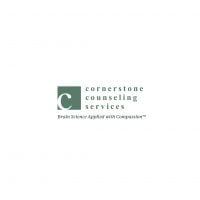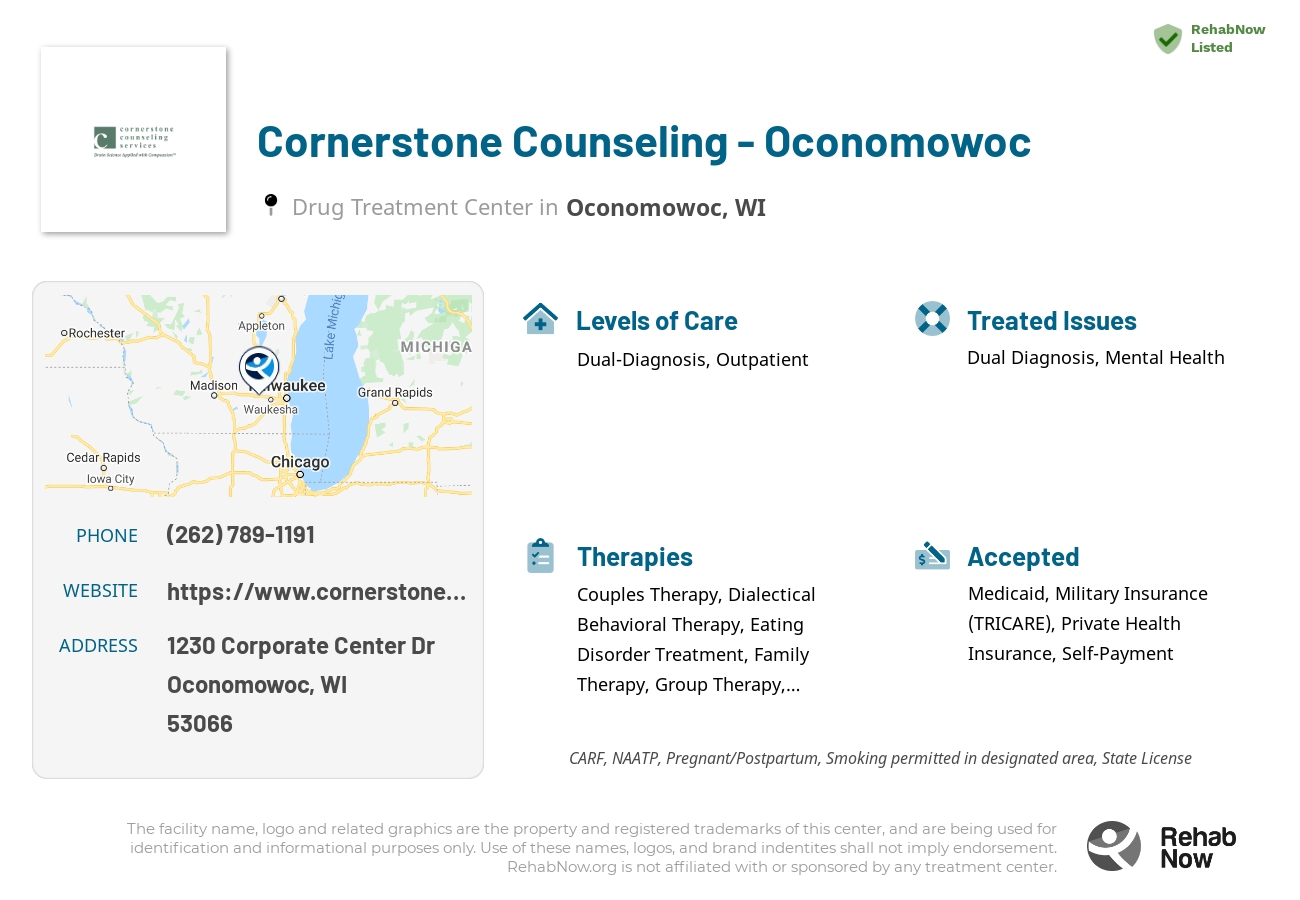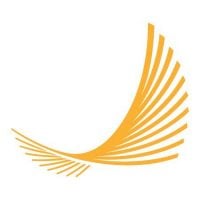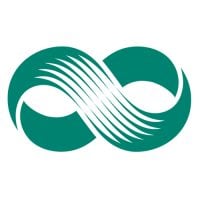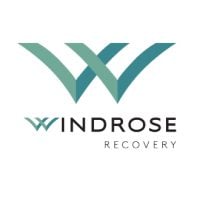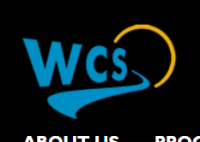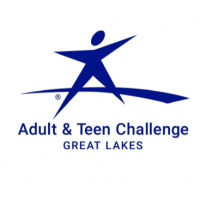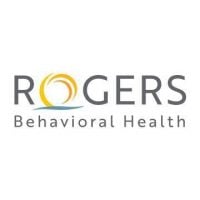Cornerstone Counseling - Oconomowoc
Drug Rehab Center in Oconomowoc, Wisconsin
Cornerstone Counseling - Oconomowoc is a specialized addiction treatment facility offering dual-diagnosis care, outpatient services, and aftercare support levels of care for individuals suffering from substance abuse, alcohol use disorder, and other related issues.
About Cornerstone Counseling - Oconomowoc in Wisconsin
Cornerstone Counseling - Oconomowoc is an addiction treatment facility located in Oconomowoc, Wisconsin. Partnering with Cornerstone Counseling, they provide a comprehensive set of services to help individuals struggling with substance abuse, mental health, dual diagnosis, opioid addiction, eating disorders, and alcoholism. They offer a wide range of levels of care, including dual-diagnosis, outpatient, and aftercare services, and accept private health insurance.
At Cornerstone Counseling - Oconomowoc, clients will find a comprehensive set of services to address their addiction and mental health needs. The team of experienced doctors, therapists, counselors, and other specialists provide evidence-based treatments such as therapies, medication management, and group support. A client's individualized care plan will identify the best treatment path to achieve long-lasting sobriety. The facility is accredited by the Joint Commission, as well as being licensed by the Wisconsin Department of Health Services.
Genders
Ages
Modality
Additional
Conditions and Issues Treated
Substance abuse is the excessive use of any drug. This includes alcohol, medications, and illegal drugs. Substance abuse is treated with a combination of physical and mental treatments. Patients detox and follow up with therapies that target the underlying cause of the addiction. Substance abuse is a severe problem that can be successfully treated with a variety of therapies. Cornerstone Counseling - Oconomowoc treatment uses a combination of therapies along with other resources to overcome substance abuse.
Opioid addiction treatment should be done in a medically supervised drug rehab. While taking opioids, users will typically use other substances to enhance the effects of opioids or to reduce the adverse effects of opioid use. Opioid addiction treatment will include detoxification and drug rehab counseling to help both the user and their loved ones learn how to live a successful sober lifestyle.
Treatments such as methadone, buprenorphine, and naltrexone are three medications that can help treat opioid addiction. These drugs work on the brain’s pleasure center and reduce cravings and the effects of illicit opioids such as heroin. These drugs can be either given orally or by injection. Individual drug rehab counseling sessions can be helpful to discuss any questions or concerns with the drug treatment program. This counseling will also help the user set goals for when they finish drug rehab.
Opioid addiction recovery is a long process. Many of the changes to the brain caused by opioid use cannot be undone, but with time and the proper treatment, a person can return to normal function. After detox, treatment will include drug rehab counseling and entering a halfway house or sober living community. Aftercare is critical to long-term recovery, as it helps the user avoid relapsing and entering back into drug rehab.
Levels of Care Offered
This center offers a variety of custom treatment tailored to individual recovery. Currently available are Aftercare Support, Dual-Diagnosis, Outpatient, with additional therapies available as listed below.
“Outpatient treatment is ideal for those who have a lower intensity addiction. It’s also suitable for those with a supportive environment and those on a tight budget.
Outpatient treatment can be considered the lowest intensity level of addiction treatment. It is ideal for early phase addiction or lower intensity addictions. It may involve weekly sessions instead of daily. Peer group support, 12-step programs, and individual counseling may still be used and anti-addiction medication.
Aftercare support is vital to those who have completed a drug or alcohol treatment program. This support comes in individual and family counseling, treatment of psychiatric and other medical conditions, and medications to reduce cravings. It helps recovering addicts adjust to normal day-to-day activities and can last for a year or longer.
The majority of drug and alcohol addicts who receive aftercare treatment do not relapse. It is estimated that without aftercare, the relapse rate will be between 70 to 90 percent for most people. Aftercare is the final stage in addiction recovery, but it will also help maintain sobriety if relapse does occur.
Therapies & Programs
No single treatment works for all addicts; therefore, the goal of treatment and therapy should be to find what works best for each individual. Some people requiring addiction treatment may only need a few weeks of inpatient care. Others will require long-term residential care. Tolerance and withdrawal levels vary from person to person and thus affect the intensity of the treatment needed.
If an individualized approach to treatment and therapy is not offered, addicts may fail to reap benefits from their efforts. Professionals must customize plans according to their patient’s needs, limitations, and strengths. The goal of all forms of addiction treatment should be for addicts to find healthy ways to cope with their addiction and its underlying causes.
Couples therapy for drug addiction is a unique form of therapy that allows family members to work through the emotional issues of their loved one’s addiction together. Family members can support each other while learning how to cope with the addiction and encourage healthy changes.
Accordingly, couples therapy for drug addiction is designed for an addict and their significant other or spouse. The two will work with a therapist to learn how the addiction affects themselves and the relationship and how to break the negative patterns of behavior that may have developed.
Drug addiction can destroy a person’s life, as well as their family and friends. The loss of one’s ability to choose how to live and behave often leads the addict into depression, anger, guilt, and many emotional problems.
The therapies usually include siblings, children, and parents who are involved in their daily lives. These sessions are vital because they address past issues that may have hampered an addict’s or alcoholic’s recovery and provide support at a crucial time!
One of the most critical aspects of family therapy is helping addicts’ loved ones see their situation in a new light. It’s also one of the most challenging things a family can do when a loved one struggles with addiction or alcoholism.
Group therapy is held in a safe, controlled setting where patients can feel comfortable sharing their struggles and gaining perspective through shared conversations. It takes place in a group rather than one on one to prevent feelings of isolation or being unique in their situation while creating an environment for addicts at Cornerstone Counseling - Oconomowoc to develop fellowship, accountability, and support. Group therapy is an important tool in recovery that prevents cravings that prompt a return to active addiction.
This type of therapy involves the use of a variety of therapeutic techniques to help addicts recover from past traumas that might have triggered their substance abuse. During these sessions, therapists will work with the addict to address painful memories and learn how to cope effectively with stressors as they arise.
During these types of sessions, therapists will typically focus on three main goals:
- Identifying and expressing painful emotions associated with past traumas.
- Reducing the effects of stress on an addict’s life by developing more effective coping mechanisms.
- Developing healthy ways of thinking about stressful situations that can help addicts avoid substance abuse issues in the future.
This type of therapy is typically used in conjunction with other types of addiction treatment services. By identifying and dealing with the root cause of addiction, most addicts can overcome their cravings and prevent relapse once they leave rehab.
Many different types of addiction treatment services exist to help addicts safely get sober, but it’s important for recovering individuals to find a therapist or support group that will help them address the root cause of their addiction.
Dialectical Behavior Therapy is a form of Cognitive Behavioral Therapy that helps patients understand the relationship between their thoughts, feelings, and behaviors. It is beneficial for those whose addictions and behaviors stem from severe mental health issues. It aims to help the patient achieve their goals and identify how they can enhance their lives.
Cognitive-behavioral therapy is a talking-based method that helps people struggling with addiction replace destructive behaviors with healthier ones. CBT also helps them identify the underlying thoughts and beliefs that cause these behaviors in the first place and ways to control those thoughts and feelings. It can be administered as a holistic therapy or as part of combination therapy and—as opposed to turning to drugs and alcohol—helps addicts learn how to respond to negative thoughts instead.
Eye Movement Desensitization and Reprocessing (EMDR) is a fairly new treatment modality used with patients diagnosed as suffering from post-traumatic stress disorder (PTSD) or drug and alcohol cravings.
EMDR is considered to be a form of cognitive-behavioral therapy (CBT) and exposure therapy. CBT is a technique used to help individuals replace maladaptive, symptomatic behaviors with more appropriate ones utilizing cognitive, emotional, or behavioral interventions. Exposure therapy is a type of CBT used to treat anxiety disorder individuals by gradually introducing the patient to the feared object, activity, or situation in a safe and controlled environment.
EMDR therapy is a form of exposure therapy that combines CBT with other approaches such as psychodynamic and interpersonal. It is believed to help patients reprocess their memories, thoughts, and emotions to heal from the trauma of their experience. The goal is to help patients lead more normal lives by reducing the distress that has been associated with the memories of an event through the use of CBT techniques.
Life skills training is beneficial for addicts in recovery because it helps them learn how to take care of themselves and improve their quality of life, which can promote feelings of purpose and motivation.
This type of treatment works by teaching individuals life-enhancing skills that support positive living, including:
- Healthy lifestyle habits
- Skills to effectively manage stress
- Effective communication skills to help them get their needs met without turning to drugs or alcohol
- Money management and budgeting skills so they can continue to take care of themselves after treatment ends.
Payment Options Accepted
For specific insurance or payment methods please contact us.
Is your insurance accepted?
Ask an expert, call (888) 674-0062
Cornerstone Counseling Associated Centers
Discover treatment facilities under the same provider.
Learn More About Cornerstone Counseling Centers
Additional Details
Specifics, location, and helpful extra information.
Oconomowoc, Wisconsin 53066 Phone Number(262) 789-1191 Meta DetailsUpdated November 25, 2023
Staff Verified
Cornerstone Counseling - Oconomowoc Patient Reviews
There are no reviews yet. Be the first one to write one.
Oconomowoc, Wisconsin Addiction Information
Wisconsin has some of the highest rates in the United States for both adolescent and adult substance abuse. Since 2009, the state has been experiencing the same escalating rates of drug abuse and addiction as the rest of the country. The major concerns are the misuse of prescription painkillers and the escalating number of deaths due to alcohol-related liver disease.
The drug addiction problem in Oconomowoc, WI, is relatively moderate compared to other parts of the country. According to recent statistics, approximately 9,000 people in Oconomowoc struggle with some form of drug addiction. Oconomowoc's most commonly abused substances include alcohol, marijuana, heroin, and prescription drugs. A few different types of drug treatment facilities are available in Oconomowoc, Wisconsin. Some facilities offer inpatient treatment, while others offer outpatient treatment.
Treatment in Nearby Cities
- Siren, WI (269.1 mi.)
- Delafield, WI (3.6 mi.)
- Fort Atkinson, WI (20.9 mi.)
- East Troy, WI (20.2 mi.)
- Boscobel, WI (112.8 mi.)
Centers near Cornerstone Counseling - Oconomowoc
The facility name, logo and brand are the property and registered trademarks of Cornerstone Counseling - Oconomowoc, and are being used for identification and informational purposes only. Use of these names, logos and brands shall not imply endorsement. RehabNow.org is not affiliated with or sponsored by Cornerstone Counseling - Oconomowoc.
